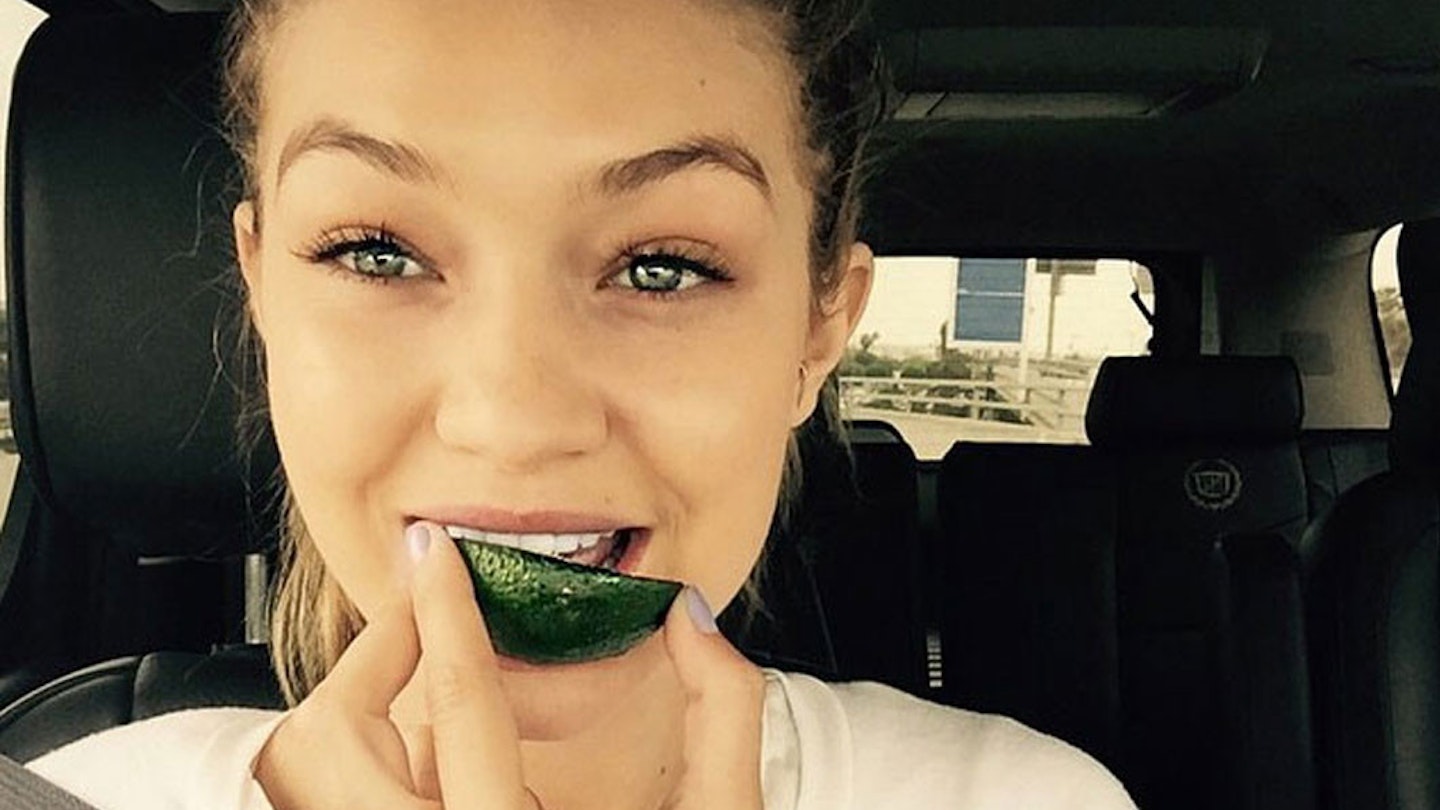If you've tried zapping your breakouts with the same products you used as a teenager but seen zero results, you know that adult acne and pubescent pimples are VERY different beasts. There are lots of different reasons why you might be battling blemishes in your twenties, thirties or forties, and (unfortunately) the problem is rarely fixed by a fabled ‘miracle’ product.
Though skincare can help, you need to get to the root of what’s causing your acne to get the breakouts under control for good. We’ve taken pointers from International facialist and Liz Earle Global treatments Ambassador, Abigail James, on identifying the causes of spots, and the 360 approach to healing them. In many cases, this means introducing meditation, yoga or therapy into your life – because, YES, stress is the ultimate perpetrator.
1. How many people suffer from adult acne and what are the common causes?
About 25% of adults will get acne into their 20s, 30s and sometimes even 40s. I see a growing amount of late 20 to early 30-year-olds suffering from the condition through my treatment room door. It definitely appears to be on the increase.
There are a variety of factors, including stress (a huge one), hormonal fluctuation and some forms of the pill. Certain beauty products that clog pores can also make the symptoms worse. Lifestyle and diet are not causes, but they will have an impact on breakouts. Teenage acne is due to hormones raging and should subside as these settle. Adult acne, on the end, does not have a set end point and sometimes it's a case of management, rather than eliminating it completely.
2. What's the difference between inflammatory and non-inflammatory acne?
Non-inflammatory acne is the most common and consists of low-level blackheads and whiteheads, which you might be able to lreduce considerably with over-the-counter beauty products. Inflammatory acne - when bacteria causes pustules to become inflamed, red and swollen - is more difficult to treat and requires more intense, higher-grade products to see improvement. Inflammatory acne is also more likely to leave scars.
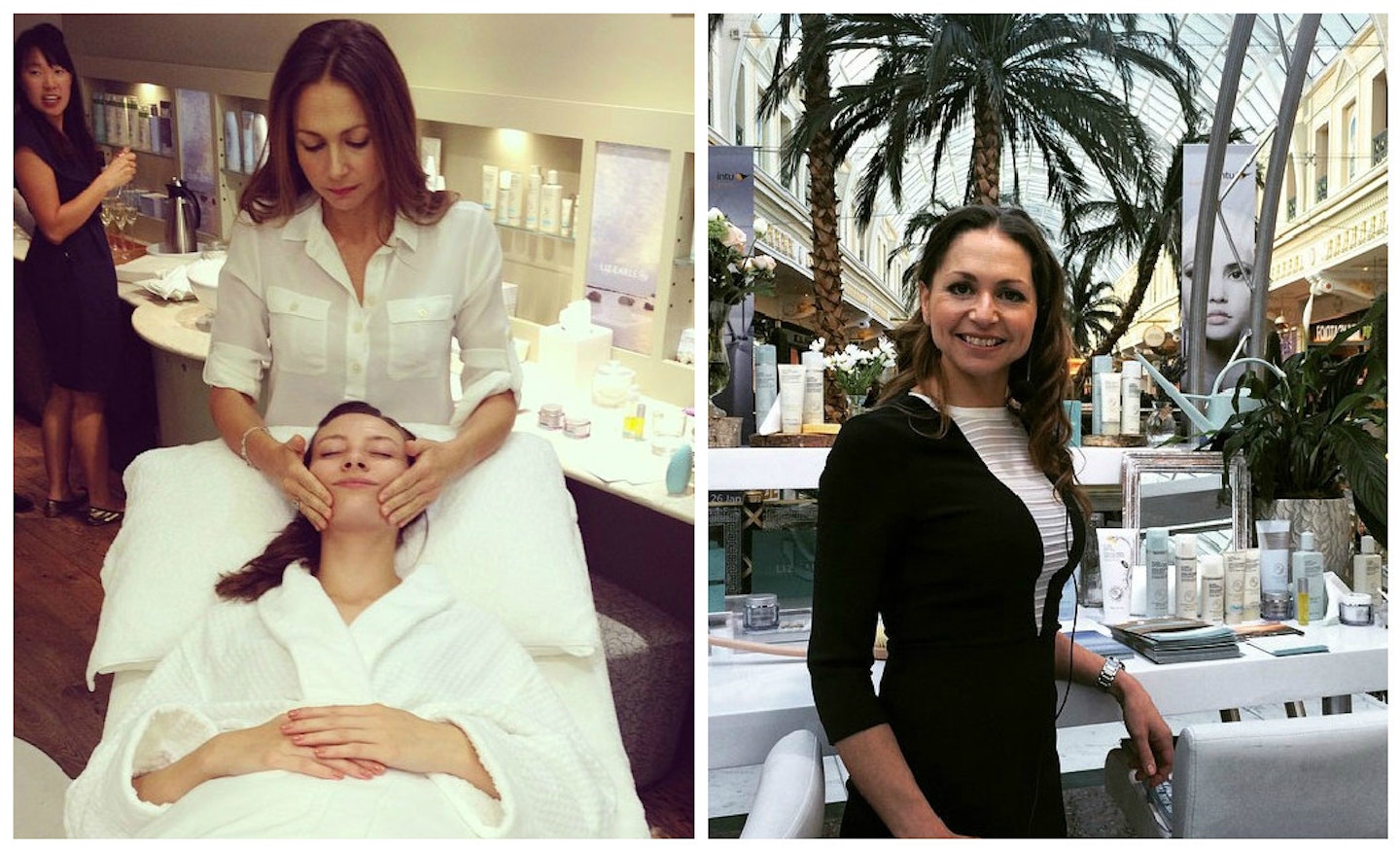
3. Does the type of acne (whether it’s cysts, pustules, papules, nodules or whiteheads) tell us anything about the cause?
Inflammatory acne is generally hormone and stress related. Non-inflammatory acne can be due to other lifestyle factors, such as the beauty products you’re using.
4. Enlighten us on stress. How can being stressed trigger a breakout?
When we're stressed, we release a steroid hormone called cortisol from our adrenal glands. This has an impact on the production of our male hormones (testosterone), which in turn increases our sebum production. When we are stressed, these hormones also impact on our wound-healing ability, reducing it by up to 40% -which means any breakouts take much longer to heal as well.
Making adjustments to your diet can help control cortisol levels. Balance your GI acros the day to prevent spikes and lows in your sugar levels, and avoid processed, high-fat foods. Opt for fresh fruit and vegetables, lots of nuts, and proteins such as turkey and salmon, which will help skin healing. Root vegetables, wuch as sweet potatoes and carrots, are a good alternative for sweet flavours. Reducing caffeine and alcohol will also help.
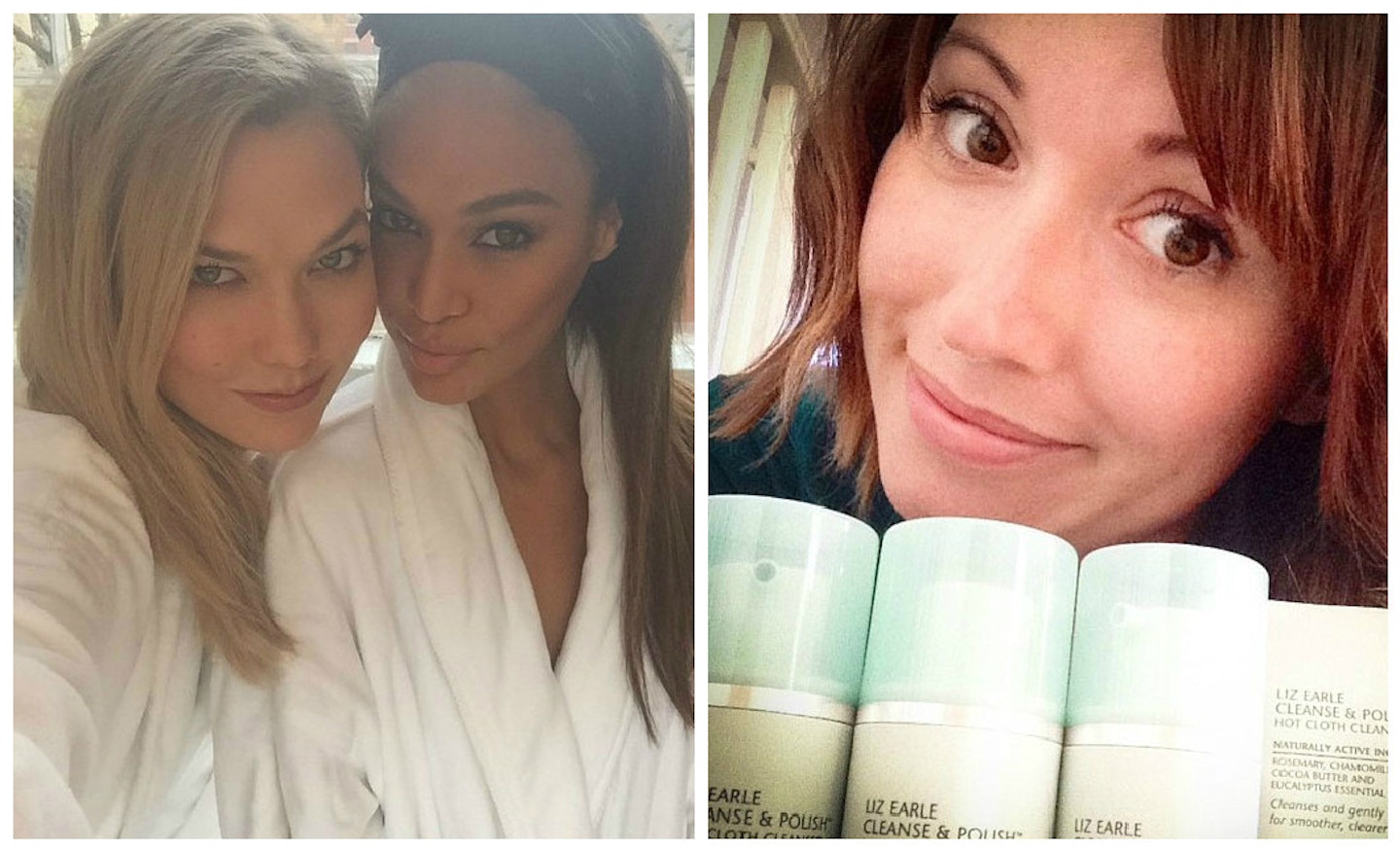
5. If you think your acne might be down to unbalanced hormones, what can you do? And what if it's stress?ii
If you are on the pill, you might consider another form of contraception - progesterone-only pills are the worst culprits when it comes to breakouts. Ask your GP to test for any abnormalities, such as polycystic ovaries, too. Then try balancing hormones through diet - remove common hormone disruptors, such as soya milk, and increase foods which can help balance hormones, such as oily fish and foods with high levels of Omega 3 oils. Cut down on coffee, maybe replacing with antioxidant-rich green tea.
With stress related breakouts, it’s also about incorporating lifestyle changes such as yoga (not bikram or hot yoga because the increased sweating may make things worse), meditation, breathing techniques, therapy. All of these will also benefit unbalanced hormone levels also.
One of these changes alone won't be a magic wand - you have to take a combined approach. Often, both stress and hormones can benefit from similar changes because they're so closely related.
6. How do you approach treatment with your clients?
It is a total 360 approach. I personally help with treatments, professional products, light therapy, home care topical products and general advice on diet and lifestyle. I also regularly refer clients to nutritionists, counselors, acupuncturists and other specialists to tackle all areas.
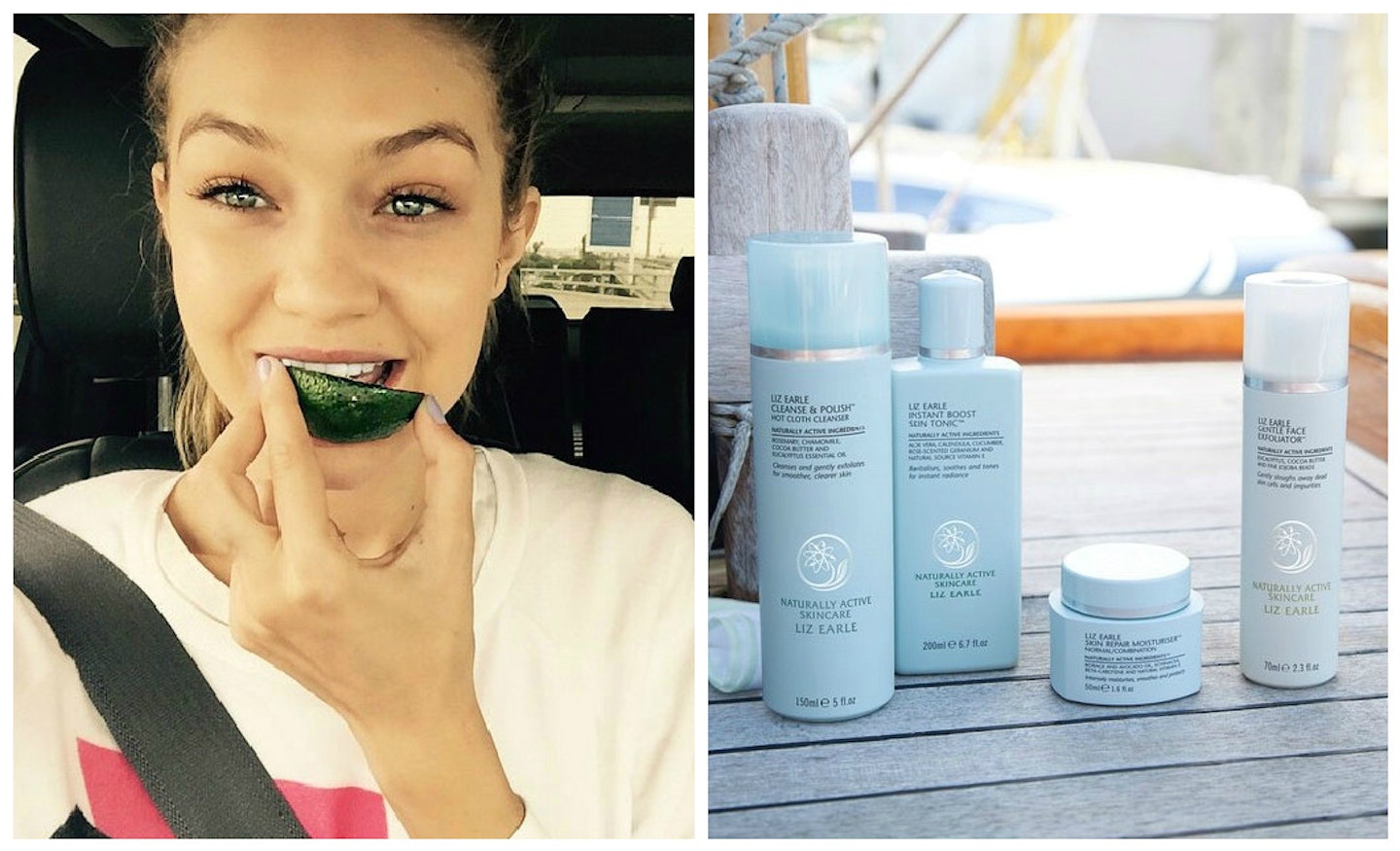
7. Just as stress causes acne, acne can make us feel even more stressed! How can you break that cycle?
Put the magnifying mirror away - it’s making your breakout look bigger than it is and making you feel worse. Don’t worry about using mineral makeup to cover it up - a pure mineral product shoudn't aggravate breakouts and it will give you more confidence during the day. Try not to pick spots - it will only make them worse.
Keep yourself busy with a hobby - anything that gives you a boost, makes you feel good about yourself and takes your mind off the stress. Try meditation - the Headspace app is amazing (I’m always recommending it), or a yoga class with a meditation element. Breathing techniques are also important in reducing stress, as are positive mantras or EFT (Emotional Freedom Technique).
8. Do you recommend using medicated treatments like benzoyl peroxide?
It’s not something I personally recommend because benzoyl peroxide dries the skin and make it sensitive. However, combined with other more natural, gentle products, such as antioxidant vitamin serums and gentle cleansers, a very small amount of benzoyl peroxide can help in the short term.
Even though acne is fuelled by internal factors, topical treatments are important.
You need to use a combination of anti-inflammatory, antibacterial products, antioxidants and hydration. Salicylic acid, green tea, tea tree, retinoids, azelaic acid, AHA and BHAs will exfoliate and prevent a build-up of sebum, while vitamin E and light oils will balance and hydrate.
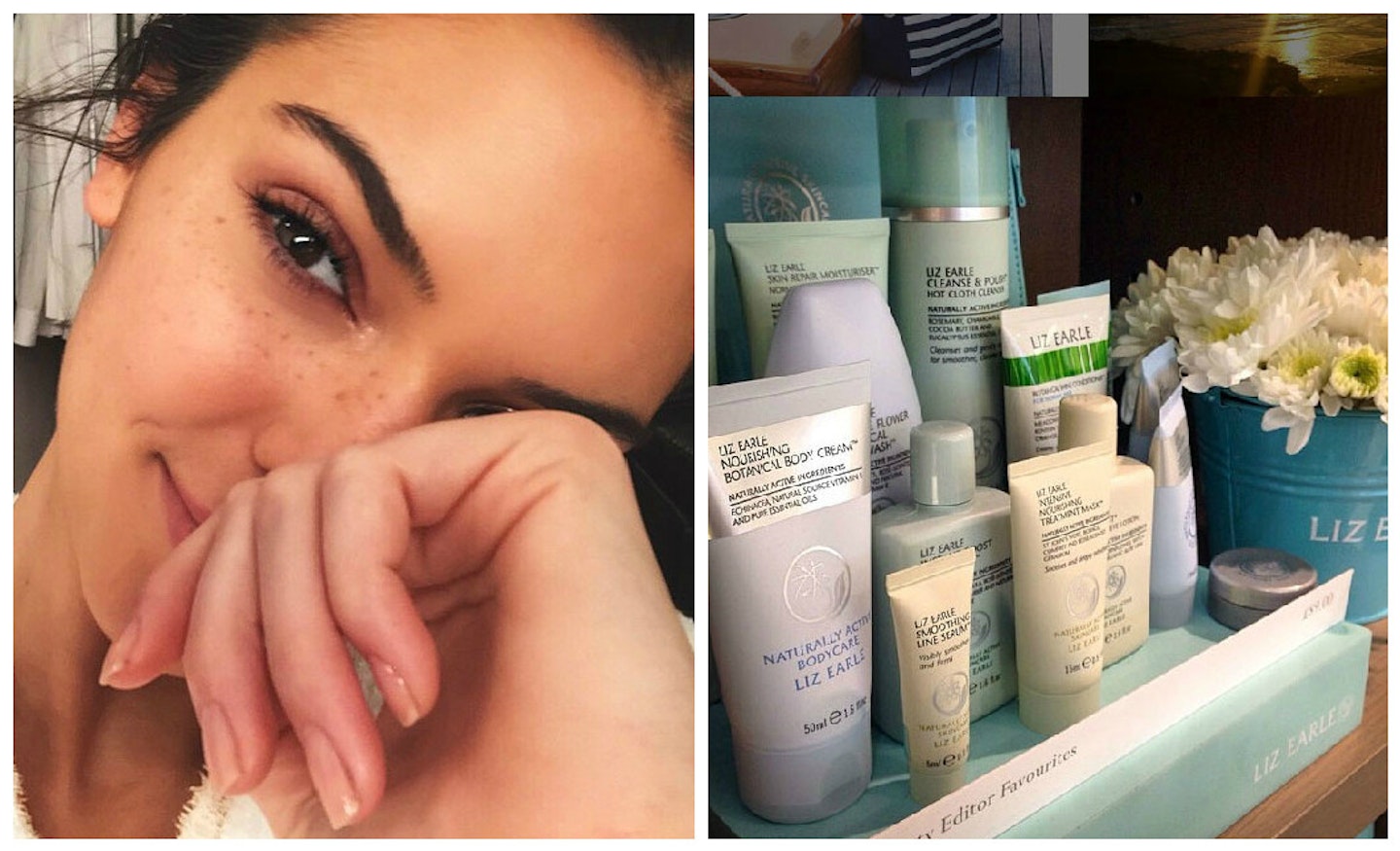
9. What’s the best option for minimising scars left behind after a breakout?
It depends on the severity. For light scarring, a course of LED light and some peels may help. For more visible scars, I'd recommend micro-needling or the Venus Viva, which uses nano fractional radio frequency. In the right practitioner's hands, some forms of laser can also help. At home, try using small amounts of scar healing oils, such as Rosehip seed oil.
10. What lifestyle changes can people make to help treat acne?
Look at an alkaline diet - reducing internal inflammation is key. Go and see a nutritionist. Lifestyle and stress levels make such a huge difference. Be kind to yourself! If we lived on a yoga retreat all our lives, chances are acne wouldn’t exist. And the contraceptive pill has a lot to answer for…
Find out more about Abigail James' treatments at abigailjames.com
